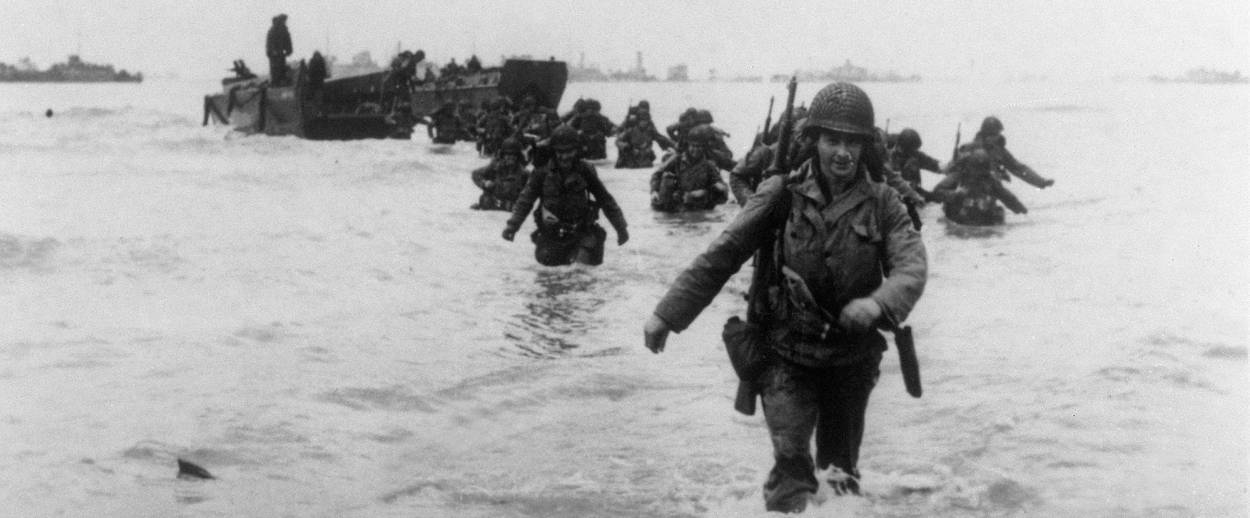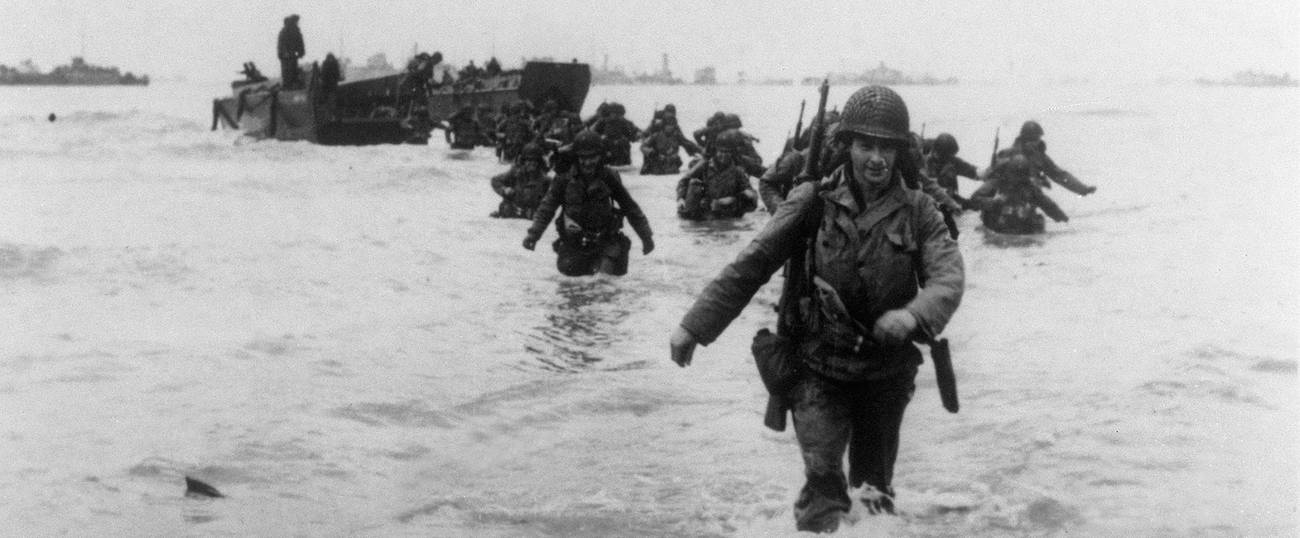The television sitcom, The Many Loves of Dobie Gillis, captured the sentiments of American teenagers in the 1960s who found humor in our parents’ tales of World War II. We laughed whenever Dobie’s father, Herbert T. Gillis, repeated the line, “I was in W-W-II—the big one—first sergeant, with the good conduct medal!”
Growing up, I often turned a deaf ear to my mother’s stories about her civil service position at the U.S. Army war headquarters in Boston, or her volunteer work as an American Red Cross “Gray Lady” with wounded American soldiers. After all, she was not breaking the glass ceiling nor was she performing acts of heroism. But I sorely missed the point. Sometimes I gaze at the photo of my 23-year-old mother in her somber “Gray Lady” uniform and realize how hard it would be to put myself in her shoes. When I was her age, the mere thought of assisting U.S. troops in Southeast Asia would have put shivers down my spine.
Recently I came across a letter written to the Boston Jewish Advocate by my father, Leo, who landed on D-Day at Utah Beach, Normandy. Excerpted below, this letter, dated September, 1944, provides poignant insights into the minds of first-generation American GIs:
We had Yom Kippur services in the slope of a hill—quite picturesque and in true Army style, bombers overhead, big guns, our own shelling, tanks passing literally overhead, and the former headquarters of the Gestapo in the foreground. It was for us, despite all the man-made interferences, a real vindication, holding services in full view of everyone. German inscriptions boldly in display… We were dirty, filthy from mud, and generally unkempt, still wearing our weapons of death; yet, you would probably never find a more solemn congregation and more determined group anywhere…I, for one, was most thankful to be present despite all the Hell and fire I have gone through. Religion never meant so much, nor was the bond so powerful before.
I could never imagine holding a gun or working in a facility that manufactured weapons. Yet after graduating from Cornell University in 1943, my friend, Shirley, worked as a junior engineer at the Remington Arms Factory, which produced guns and ammunition for the war effort. She later became a leak tester on the Manhattan Project. Shirley explained to me, “We felt we were fighting a war that had to be fought, even without knowing about what was happening to the Jews in Europe. Especially after Pearl Harbor: “What were we going to do, just sit there?”
The Second World War became a defining point for my parents and other first-generation American Jews who still did not “fit in.” It enabled them to become authentic Americans, whether fighting overseas, rolling bandages on the home-front, or standing in line for wartime rations. Perhaps that’s why my parents held onto their World War II service records and memorabilia even when they downsized to a small apartment decades later.
As we commemorate the 70th anniversary of the end of World War II, I find it important and appropriate to pay homage to “The Greatest Generation” on Veterans Day. As a community, I believe we should gather to light yahrzeit candles, recite the kaddish prayer, hear personal stories, and also pray for the safety of current American military personnel stationed all over the world, fighting wars to maintain safety at home. (Here are some guides for prayers for our armed forces.)
I also believe that we must teach our children to remember. Sharing stories and photos of grandparents, great-grandparents, or other relatives who lived during World War II has the power to connect children to their family histories, and in some cases, even their namesake. In fact, Jewish educators and youth group leaders can also personalize the experience by inviting guest speakers such as Jewish war veterans, arranging visits to senior living communities, and bringing the men and women of World War II to life.
It’s taken me a lifetime to appreciate how the second World War impacted my parents’ generation. Their unwavering commitment to American democracy paved the way for future generations to continue the struggle for peace and social justice. May we forever honor their legacy.

